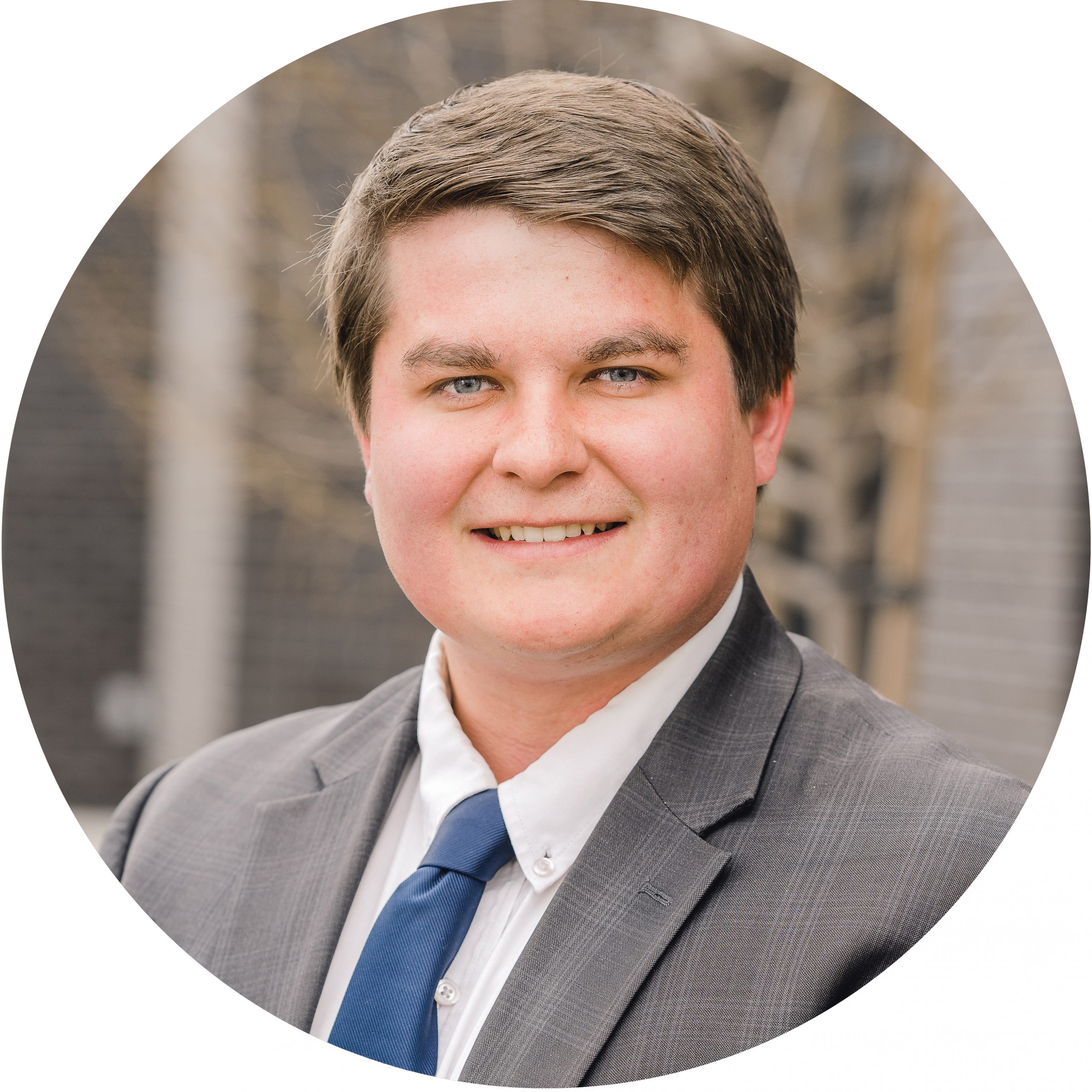As the country recovers from the economic fallout of COVID-19, states are exploring ways to boost recovery, such as tackling government overregulation. South Dakota — a prime example — just signed into law a regulatory sandbox targeting the insurance industry.
A regulatory sandbox allows for businesses, under the observation of regulators, to trial new products, services, and business models while bypassing regulations unsuited for their idea.
This year, South Dakota Governor Kristi Noem and her administration proposed a regulatory sandbox for insurance products and services.
The insurance industry is often bloated with extreme barriers for entry but is ripe for innovation. Rather than shutting down innovative companies or preventing creative products from ever making it onto the market, the insurance sandbox proposed in Senate Bill 55 will present companies with an opportunity to offer their unique goods and services in the marketplace that otherwise wouldn’t be allowed under the current regulations in place.
The sandbox:
- Allows a company to offer its products or services in a controlled environment for up to two years.
- Requires the company to remain transparent to the consumer in an effort to inform them of the services they are exploring.
- Provides controls for entry and exit from the sandbox so consumers aren’t left high and dry.
If the trial is a success, the sandbox offers a path forward for the company to legitimately enter the open market while also providing guidance to the insurance department on which regulations require reform or even repeal.
This sandbox doesn’t just benefit new companies, but also existing ones. By providing businesses—both big and small—the opportunity to innovate in the insurance space, it’ll be interesting to see what “next big thing” will come as a result of South Dakota’s insurance sandbox.
The Americans for Prosperity South Dakota proved instrumental in getting Senate Bill 55 passed through their Senate and House of Representatives unanimously before receiving Governor Kristi Noem’s signature. South Dakota now joins a handful of other states that have created industry-specific sandboxes, helping innovative businesses avoid problematic or outdated regulations.
Regulatory sandboxes are an issue Libertas Institute has researched extensively, and we stand ready to help your state pursue this reform opportunity as we have with South Dakota. For groups or legislators in other states looking to work on the issue, we’d love to help!





